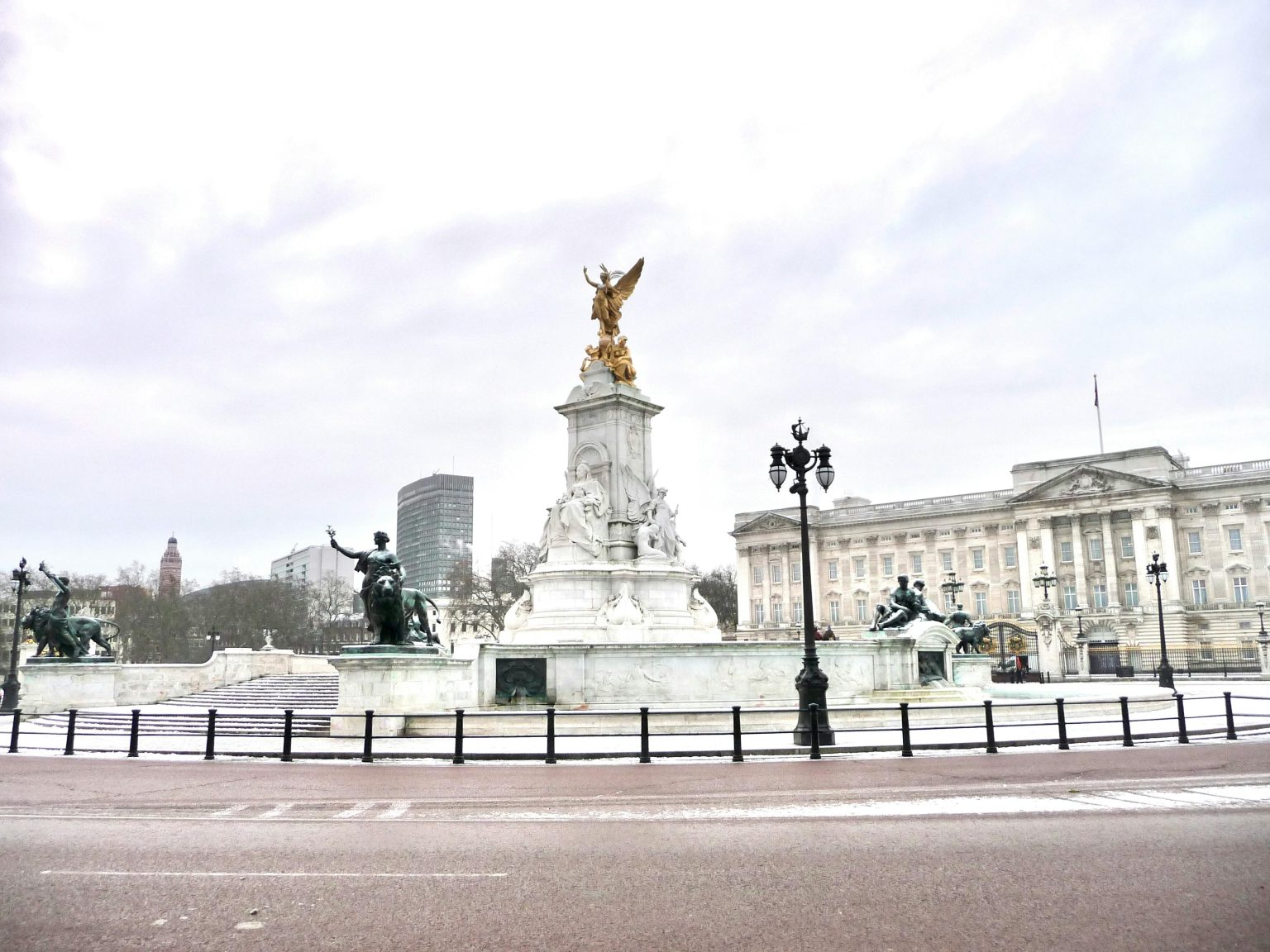- Kate Middleton’s dazzling sapphire pulls in 2,455 searches monthly, making it Britain’s most coveted royal ring
- Diana’s iconic blue gem sits second with 2,201 monthly searches, while Meghan’s custom design trails in third with 1,516
- Princess Sofia’s engagement ring is the least popular out of all the royals
A new study has revealed Kate Middleton’s stunning sapphire has beaten all royal rivals to become Britain’s most wanted engagement ring.
Lab diamond specialists Infinity Diamond Jewellery revealed the findings after tracking search volume data nationwide. The rings were ranked from highest to lowest searches for them to reveal the top ten most popular royal engagement rings.
Top 10 Most Popular Royal Engagement Rings
| Rank | Royal | Monthly Searches |
| 1 | Kate Middleton | 2,455 |
| 2 | Princess Diana | 2,201 |
| 3 | Meghan Markle | 1,516 |
| 4 | Queen Elizabeth | 512 |
| 5 | Grace Kelly | 509 |
| 6 | Queen Victoria | 267 |
| 7 | Princess Eugenie | 244 |
| 8 | Princess Anne | 238 |
| 9 | Princess Margaret | 227 |
| 10 | Princess Beatrice | 222 |
Kate Middleton’s famous blue gem rakes in a whopping 2,455 searches every month across the UK. The same ring has taken second place, this time being known as Princess Diana’s original ring, as many do not know the Duchess’ engagement ring originally belonged to Diana.
The same sapphire now adorning Kate’s finger pulls 2,201 monthly searches. This 12-carat oval blue sapphire from Sri Lanka is surrounded by diamonds and remains legendary. British royal fans still admire the ring despite it changing royal hands after Diana’s death in 1997.
Meghan Markle’s engagement ring takes third place. Her custom design gets 1,516 monthly searches from Brits. The ring showcases a cushion-cut centre diamond from Botswana. Prince Harry flanked it with two smaller diamonds from Diana’s personal collection to create something unique and deeply meaningful. The design stands apart from the traditional sapphire chosen by his brother for Kate.
Queen Elizabeth herself ranks fourth, with her engagement ring attracting 512 monthly searches. Prince Philip gave her the stunning platinum and diamond band in 1947. He took stones from a tiara belonging to his mother, Princess Alice of Battenberg, another example of the royal tradition of repurposing family jewels to create something even more beautiful and meaningful.
Grace Kelly’s engagement ring completes the top five. The Hollywood actress turned Monaco royal received a massive Cartier 10.47-carat emerald-cut diamond ring from Prince Rainier III. The impressive rock gets 509 monthly searches, proving the ring remains iconic and continues to fascinate jewellery and royal lovers more than six decades after their 1956 wedding.
Queen Victoria’s ring gets 267 searches a month, putting the royal in sixth place. It is no wonder this royal’s ring appears in the top ten, as the ring gifted to her by Prince Albert in 1840 set a new standard for royal engagement rings. The ring is a distinctive gold serpent with an enchanting green emerald, which was also her birthstone. Another bold, meaningful and personal ring for an iconic royal bride.
Princess Eugenie accumulates 244 monthly searches in seventh place, with a similar yet uniquely different ring to Kate and Diana’s. Jack Brooksbank proposed with a rare sapphire ring, with beautiful hues of coral, pink and orange.
Princess Anne receives 238 monthly searches for her engagement ring. This royal has had two engagement rings from two marriages, both sapphires. Anne’s current ring is a stunning 3ct oval-cut sapphire with a cluster of diamonds on either side. The princess’s first ring was similar, with an oval sapphire and dazzling diamond side stones on a gold band.
Princess Margaret is in ninth place, seeing 227 monthly searches for her engagement ring. Her ring was a beautiful ruby which resembled a rose, which is her middle name. Another personal and unique royal ring.
Princess Beatrice finishes the list in tenth place, with 222 monthly searches on average. This royal ring has a round, brilliant-cut diamond centre stone, accompanied by tapered baguette diamonds on the side, as well as some additional round diamond side stones on a white gold band.
Sarah Fielding, a spokesperson for Infinity Diamond Jewellery commented, “The findings prove modern royal rings dominate historical pieces in popularity. Kate, Meghan and Diana are the most recent major royal brides, attracting more than 6,000 monthly searches for their iconic engagement rings combined.
“The enduring appeal of Kate Middleton’s sapphire ring shows how royal jewellery continues to influence engagement ring trends in Britain. The ring’s rich history, having belonged to Princess Diana, adds layers of meaning that resonate with the British public. Despite Meghan and Harry’s marriage sending shockwaves across the royal fanbase, even they cannot keep up with Britain’s love for Princess Diana and Kate Middleton’s iconic blue gem.
“In fact, we still see many customers requesting sapphire engagement rings inspired by Kate’s design. The blue sapphire surrounded by diamonds has become a timeless choice that combines tradition with visual impact.
“Worldwide trends show Meghan’s ring dominates globally, but this study proves it is a different story in the UK. The difference in worldwide and British trends highlights Brits’ loyalty to Kate and Diana’s iconic sapphire and demonstrates how preferences can vary between domestic and international audiences, reflecting different cultural connections not only to members of the royal family but also the traditions and values they represent.”



